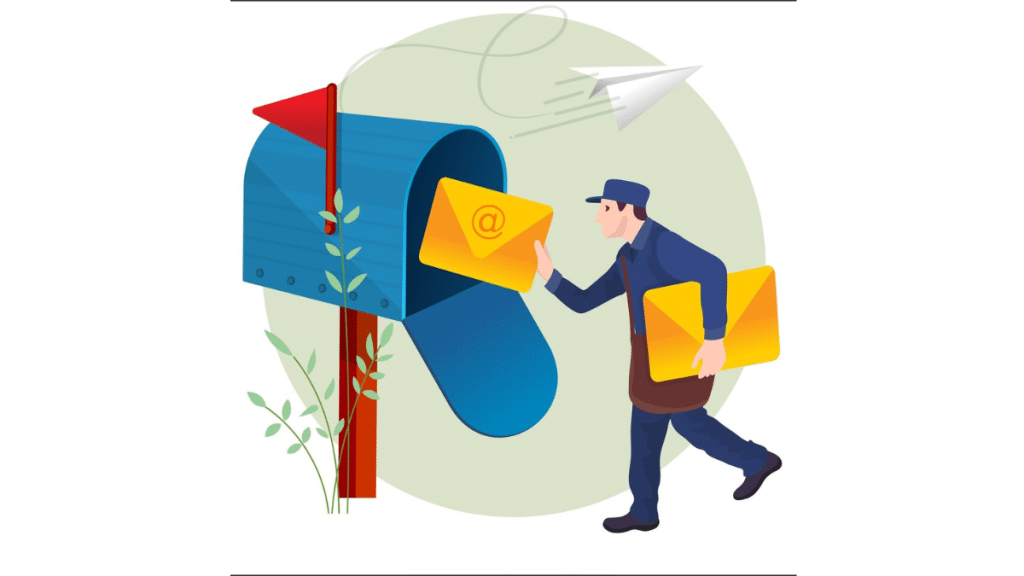With recent high-profile cyber attacks affecting major corporations and the surge in remote work driving increased reliance on digital communications, email security has never been more critical. According to recent statistics, businesses exchange over 300 billion emails daily, making email systems prime targets for cybercriminals and vulnerable to technical failures. This growing digital dependency highlights why robust email backup solutions have become essential for organizations of all sizes.
Email remains the backbone of business communications, serving as a critical tool for daily operations. However, the rise in cyber incidents, including data breaches, poses a growing threat to email reliability. Implementing strong email backup practices is crucial to ensure uninterrupted business continuity.
Understanding the consequences of downtime
Experiencing downtime due to email disruptions can have far-reaching consequences for your business. It often leads to missed opportunities, significant revenue loss and potentially irreparable damage to your reputation. Imagine a scenario where a company fails to respond to client inquiries because crucial emails have been lost. Such incidents can result from ransomware attacks, server crashes, or even simple human errors—events that can impact businesses of any size.
When emails are inaccessible, workflows grind to a halt, leading to dissatisfaction among clients and partners who depend on timely responses. This not only affects current operations but can also lead to long-term repercussions as clients lose trust in your reliability. Therefore, understanding the importance of maintaining continuous access to your emails is paramount for minimizing these risks and ensuring ongoing business success.
Moreover, having robust email backup solutions in place minimizes the impact of unforeseen disruptions. One effective solution includes using specialized tools like email backup software from Trustifi, which seamlessly integrates into your communication strategy by offering quick restoration capabilities and preventing data loss during interruptions.
Best practices for effective email backup
Implementing an effective email backup strategy involves several key components. First and foremost, it is vital to maintain secure off-site copies of all emails and automate regular backups to ensure no data is left vulnerable. Employing redundancy through storing multiple copies in different locations provides an additional layer of protection against unexpected failures.
Encryption plays a crucial role in safeguarding backups. By encrypting stored data, you ensure that even if a breach occurs, your sensitive information remains secure from unauthorized access. Additionally, consistent monitoring and testing of these backups help confirm their reliability and readiness for potential recovery scenarios.
Utilizing advanced tools that automate these processes can significantly enhance efficiency and security. These tools not only streamline the backup process but also facilitate quick recovery in case of emergencies, reducing downtime and preserving vital communications.
Ensuring compliance and reducing legal risks
Industries such as finance and healthcare face stringent regulations mandating meticulous record-keeping and secure storage of communications. For businesses operating in these sectors, having a reliable email backup process is essential for demonstrating compliance during audits or legal disputes.
A well-maintained backup system provides verifiable records that protect both your organization and its clients from potential legal complications. Consistent backups enable you to provide accurate documentation when needed, showcasing your commitment to transparency and responsibility.
By aligning your email management practices with regulatory requirements, you not only reduce legal risks but also build trust with clients who value privacy and confidentiality in their interactions with your business.
Practical steps to strengthen business continuity
To fortify your business against potential disruptions, draft a comprehensive incident response plan that prioritizes rapid email restoration. Regularly test your backup systems to ensure they function correctly under pressure conditions. Educating employees about backup procedures is equally important since human error remains a leading cause of data loss.
Investing time in these preparatory steps today will pay dividends by minimizing response times during crises tomorrow. Keeping everyone informed about potential threats cultivates a proactive culture focused on prevention rather than reaction.
Looking ahead: email backups in a rapidly changing cyber landscape
The cyber landscape continues to evolve at an unprecedented pace with increasingly sophisticated threats emerging regularly. Future cyberattacks may become more targeted, making continuous evaluation and updating of backup strategies crucial for staying ahead.
A well-structured email backup plan, supported by solutions like email backup software from Trustifi, forms the cornerstone of modern business continuity efforts. Taking preventive steps now rather than reacting later during crises ensures long-term resilience through robust systems designed for safeguarding critical communications efficiently.

